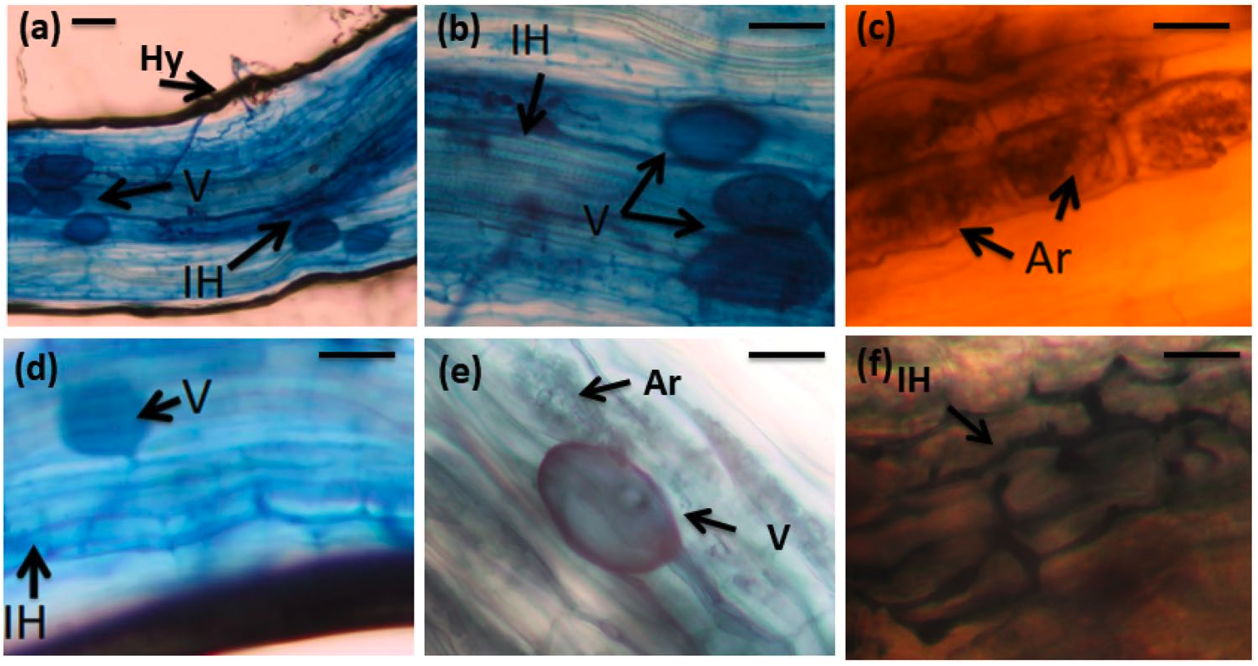How do different agricultural systems influence grapevines and wine quality? Ana Aguilar-Paredes et al. analysed fungal networks in Chilean vineyards for this 2024 study. The researchers hypothesised that biodynamic and organic farming increase the diversity of soil fungi, which form a symbiotic relationship with the roots of the vines. The results of the study support this hypothesis.
Viticulture is of great economic importance in Chile. Like many other plants, grapevines also form a symbiotic relationship with fungi living in the soil, known as mycorrhizal fungi. The fine fungal networks can access nutrients that are not available to the plant roots and in exchange receive metabolic products from the vines, such as sugar. In addition to nutrient uptake, mycorrhizal fungi also promote the water balance and disease resistance of the vines - an important factor in view of climate change, which leads to extreme temperatures and periods of drought, among other things.
As part of the study, the roots of conventional and organically cultivated vines were examined microscopically for colonisation by mycorrhizal fungi. A biodynamic vineyard was also part of the data collection. Conventional vines showed a colonisation of 6 % to 31 %, while organic and biodynamic vines were colonised by 20 % to 35 %. In addition, organically and biodynamically cultivated vines showed a higher diversity of fungi. A total of 12 species of mycorrhizal fungi were found.
